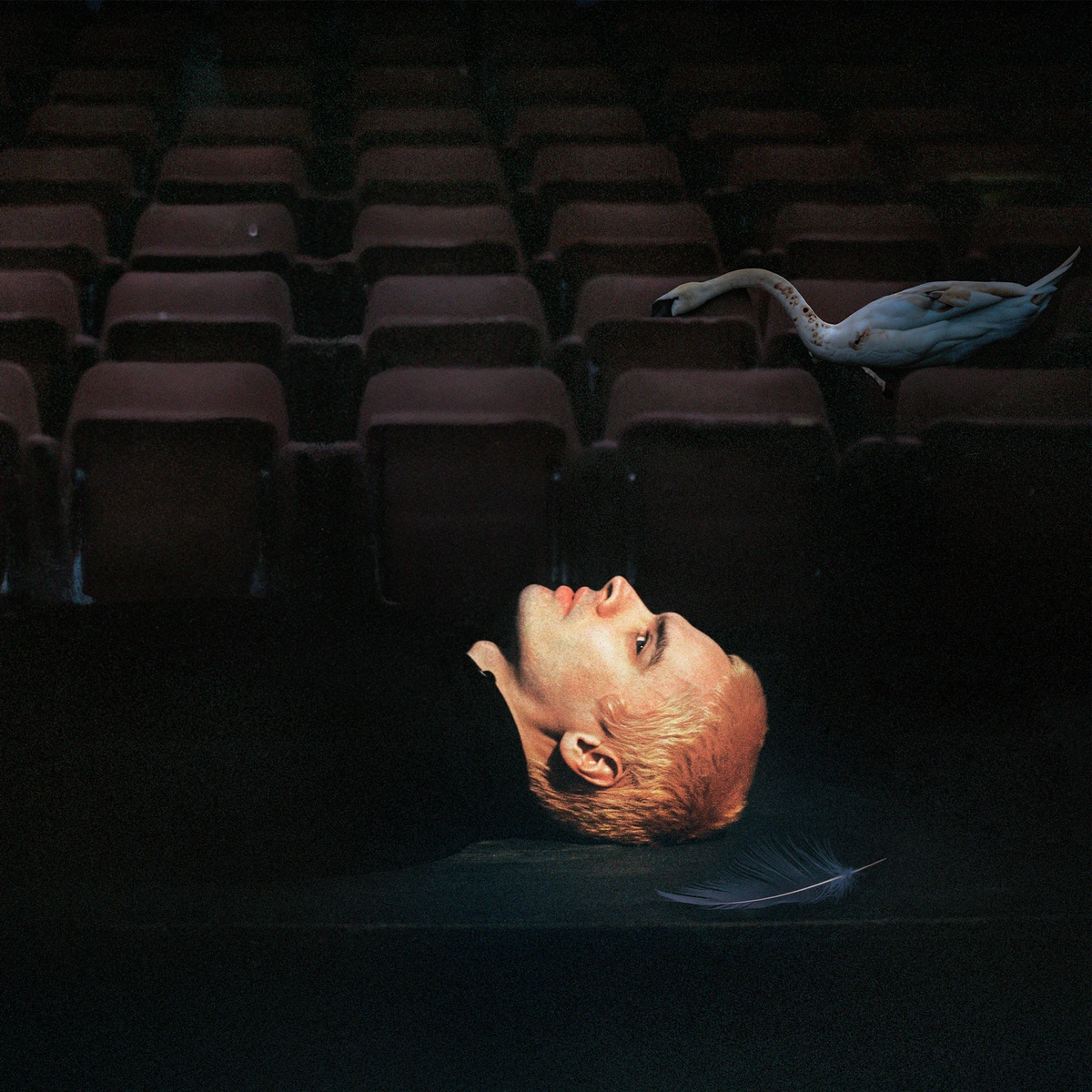What does it mean to confess? For Salvador Navarrete, otherwise known as Sega Bodega, the act of confession on his third studio album, Dennis, is not the lyrically crystalline act many musicians interpret it to be. In fact, most of the words are curiously chopped and covered, warped or accelerated into demonic mumbles.
But Navarrete manages to create a world of hazy, messy surreality that exposes very little of the narrator; it’s anti-confessional music. And it’s fascinating.
Whereas second studio album, Romeo, felt like an internalised, closed-off world, Dennis is born for the echoes of warehouses and raves. Watching Navarette play some tracks at his Fabric set with Shygirl really brought the gritty, ecstatic vision of the album to life.
There’s something maniacally grand about the 8-bit opening riff ‘Adulter8’, which skitters around like a toy racecar, or the frenetic, nervous murmurs of ‘Kepko’, but the frantic, jittery movements of the two songs point to something deeper and darker at play.
Even though there’s a gluttonous, hedonistic narrative to the album, Navarrete’s production is beautifully layered and subtle, and he achieves so many variations of a rushing rhythm without it feeling repetitive. ‘Dirt’s stuttered rave chords bring this gentle, pulsing euphoria to Navarrate’s meandering moans, whilst ‘Elk Skin’ swings between seductive flamenco snares and pounding hip-hop beats.
Navarette plays a lot with texture on this record, often contrasting grainy synths with spectral nylon guitars or gossamer pads, and it creates an incredible sense of dimension without muddying its many elements. ‘True’ has this dramatic string section which creates this cinematic feeling of desperation, juxtaposed against the clubbier chords that echo against the gentle reggaeton rhythm, whilst ‘Deer Teeth’ transforms its glacial, icy riff into a fuzzy, distorted cry.
I’m still not sold on the deeper, hellish effects Navarrete puts on his vocals (see: ‘Tears & Sighs’). Narratively, they seem to function as a symbol of the narrator’s darker impulses, but the way it’s delivered at times is slightly too on the nose.
READ MORE: Summer 2024’s UK Music Festivals | A Complete Guide from Country 2 Country to Glastonbury
I’m also not entirely convinced about how well Navarette manages the transitions between certain songs; structurally, the album is supposed to send the listener deeper and deeper into REM sleep, with each song becoming increasingly bleary as you go further and further. But ‘Set Me Free, I’m An Animal’ is quite an abrupt interruption in energy for the album’s midpoint, whilst closing track ‘Coma Salv’ is a gorgeous, if jarring, lullaby to send us off to sleep after the intensely disturbing ‘Humiliation Doesn’t Leave A Mark’.
But these are tiny nitpicks in what is a very accomplished album: someone who manages to balance subtlety with maximalism, someone who breathes fresh life to club, reggaeton and flamenco, whose vision of club music resists cliche to create personal and sonic catharsis.
Keep up to date with the best in UK music by following us on Instagram: @whynowworld and on Twitter/X: @whynowworld





